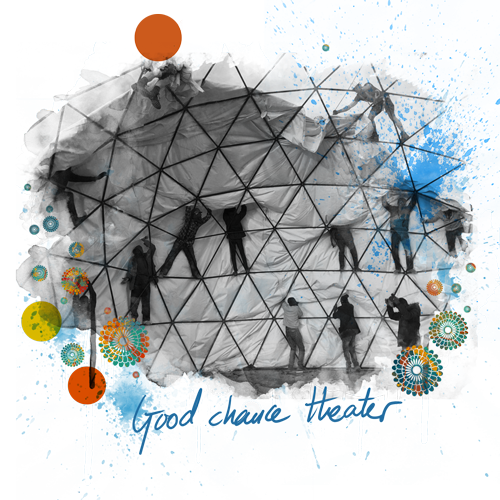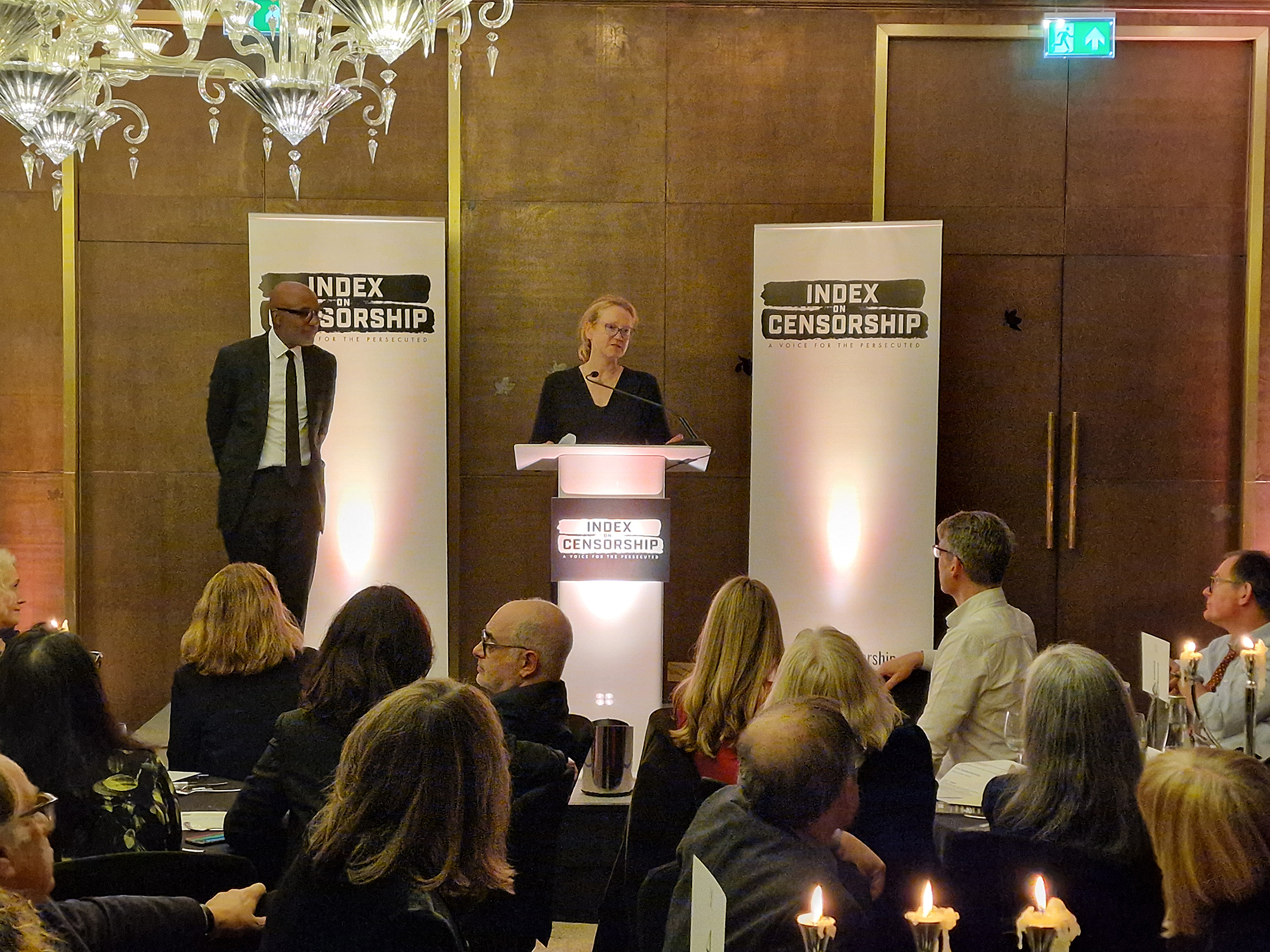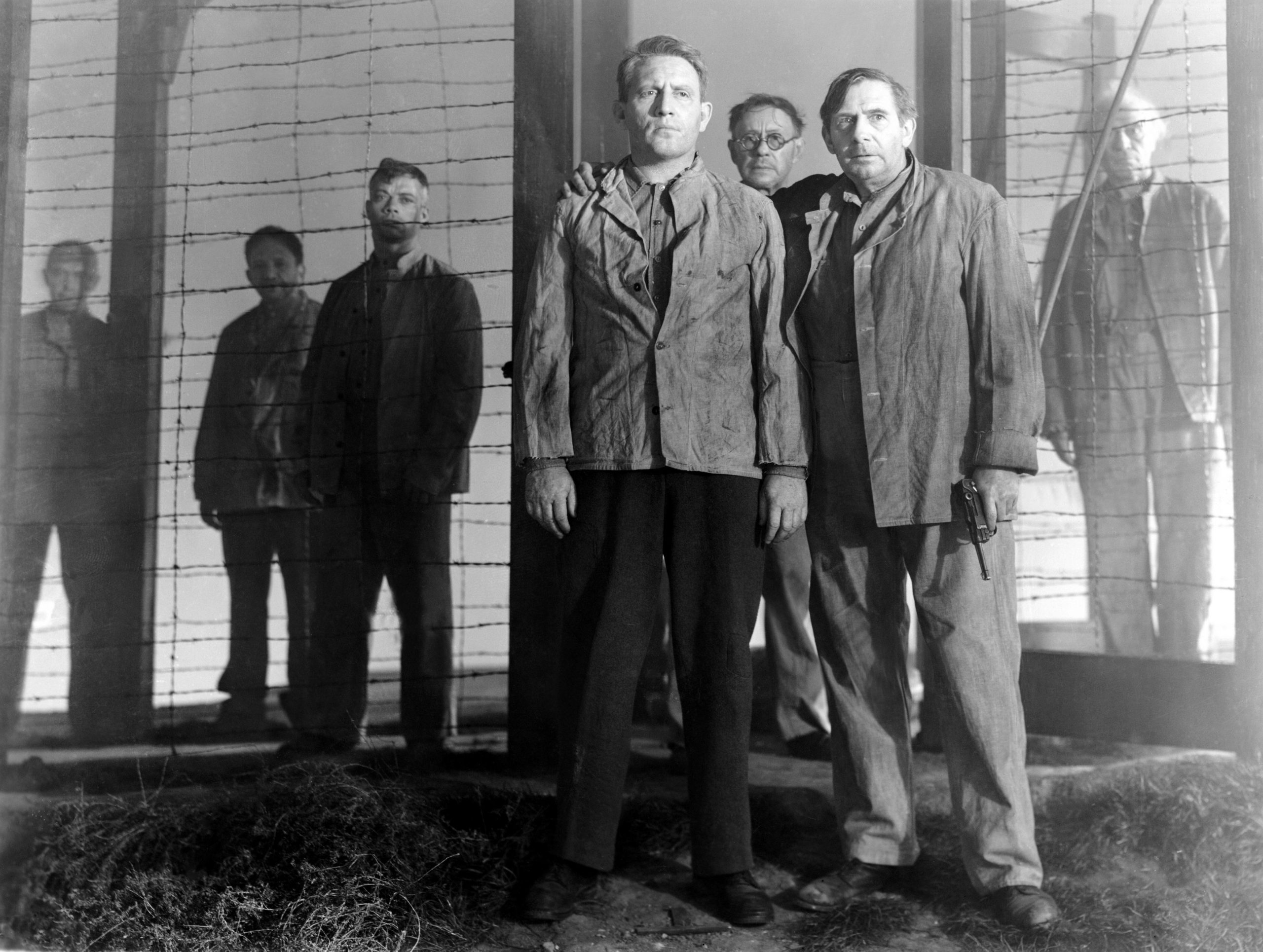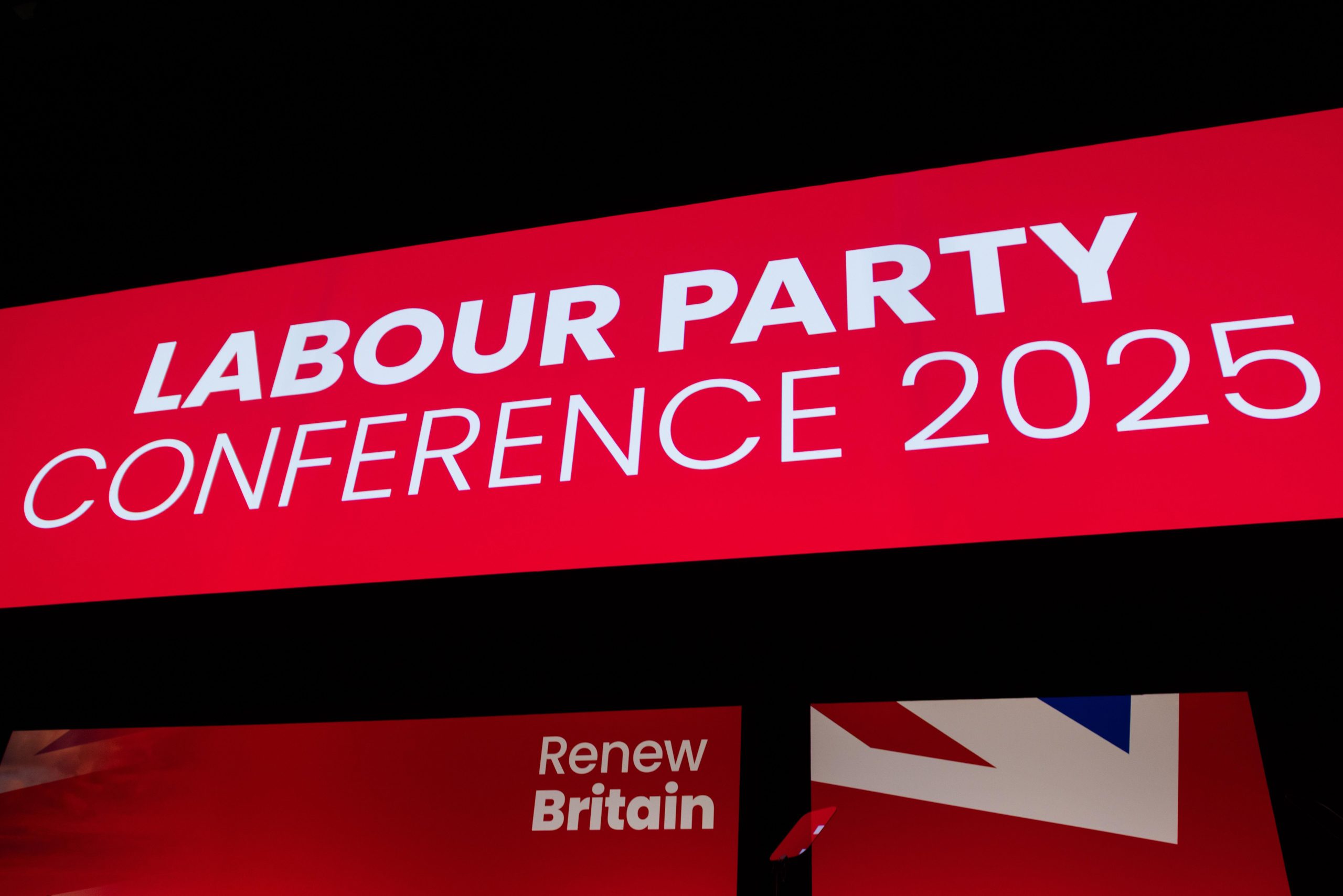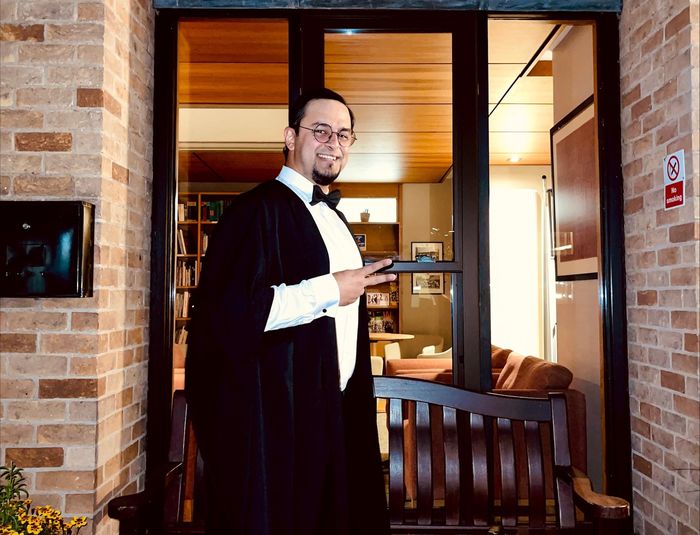Surrounded by a jungle of tents and mud, the Good Chance Theatre was set up last year by British playwrights Joe Murphy and Joe Robertson. The refugee camp theatre has been derided by many, but for the thousands of migrants who have journeyed across the world to Calais, the small dome has been the first and only place into which they have been welcomed, and their voice valued.
“This is hell,” admits Joe Robertson, co-founder of the Good Chance theatre, on a tour of the camp. “It’s been raining all night. It will rain all day. A lot of people’s houses would have flooded over in the middle of the night. That’s if they weren’t blown down by the winds yesterday.” Scabies and measles are becoming commonplace for residents of the camp, he tells us, coupled with an almost constant fear of bulldozers, police and teargas.
“But,” adds Joe Murphy, the second half of the Good Chance duo, “it is made better by the resilience of the people who find themselves here. It’s that energy that the theatre relies on in order to be a place of hope.”
After a visit to the camp that was meant to last a couple of days, the Joes soon returned and, funded by a crowdfunding campaign the theatre was built in late September. The idea gained backing from theatre heavyweights including the Young Vic’s David Lan, Vicky Featherstone and the Royal Court Theatre, and Natalia Kaliada, artistic director of the Belarus Free Theatre.
But the theatre, a white geodesic dome now covered in graffiti and hung with paintings, is not theirs the Joes maintain – it was built by the residents themselves. “We brought the dome over, but 50 people built it with us, from the community. Since then, maybe a thousand people a week use this space. We have had hundreds of volunteers and amazing artists from the UK, and the whole world – visiting companies and organisations who have dedicated time, resources, money, advice. So many people have come together to fill this dome with joy and expression amid the chaos and the horrors of this place.”
And this applies to their awards nomination too, they say. “I think a nomination is a nomination for not even the theatre. It’s a nomination for a community that has happened in and around the theatre. I suppose it’s a nomination for the ability of people from many, many different countries to get on, to make together, and to make do in a situation that is hellish.”
 |

|
And the residents of the camp have clearly come to rely on the theatre and its founders, in a huge way. The Joes can’t walk more than a few metres without being called over for a chat and a hug from one of the hundreds in the camp who visit their theatre.
When asked what place he thought the theatre had in a refugee camp, one resident replied: “It simply means to me, for us refugees, reminding ourselves what we have been survived from. The minors, instead of drawing the beautiful dreams, they are drawing their cruel lives and hungry days.” A recent census counted 291 children living in the camp unaccompanied, with the Joes campaigning for authorities to safely register them, and help process their UK residency claims.
The capacity of art and self-expression to help process trauma is one of the driving forces of the theatre for Joe and Joe. “There was one chap, actually an actor from Iraq, he provided the voice of Tom and Jerry, I think in the Kurdish TV version.”
“One day he started to work on a physical piece that was telling the story of his journey. With his eyes closed, he was sort of walking around the room on this journey. He would narrate the journey. We were suddenly on the boat with 50 or more people. His sister was on the boat who was pregnant, and her son, his two year old nephew. They were halfway across the Aegean and the boat’s engine cut out. So they were in the middle of the sea. We were sort of performing this with him and helping him. He was putting us in different places.
“He jumped out of the boat with five other men. And they took out their belts, which we did, and then he attached the belt to his body and then attached the belt to somewhere on the boat or a rope from the boat. And these six men swam this boat with all their families on it and 50 other people. Swimming this boat across the Aegean. It was just the most awful story and the most terrifying story. We felt the terror of that experience while we were performing it.”
As well as offering a space for camp residents to stage their own performances, Good Chance puts on a schedule of painting, workshops, music, dance, acting and games. In the evening, the space hosts communal events, which bring all of the camp’s many nationalities together. The theatre has had poetry slams, stand-up comedy, acoustic sets, theatre performances, rap battles and film nights. But they also provide one of the only safe spaces in the camp. “If teargas gets used and people here are on the end of it, a lot of people come to the theatre,” says Joe. “They come because they know that it’s a place that doesn’t associate itself with violence.”
But the violence in the camp is only set to increase. After a recent eviction notice, the refugees in have found themselves once again forced to flee, this time at the hands of the French police – and their water cannons and teargas.
“This is one of the only projects that has ever been nominated for an Index on Censorship award based on a democracy, which is a strange thing to think about really,” said Joe Murphy.
The Joes remain determined however, staying in Calais as the violent eviction happens around them and their theatre. And beyond Calais, their plan is to bring a Good Chance to refugees across Europe and the world. “There are so many people moving at the moment, so many people whose homes are in tents, whose lives are temporary and who are trying to get to other places. And we have something that can help those people, we think.”
“And so now, we feel our duty is to find those people. Because if they’re anything like the hundreds and thousands of people we’ve met here, they are important people, they are important voices, and we’ve got to hear them because it will make us so much better.”

